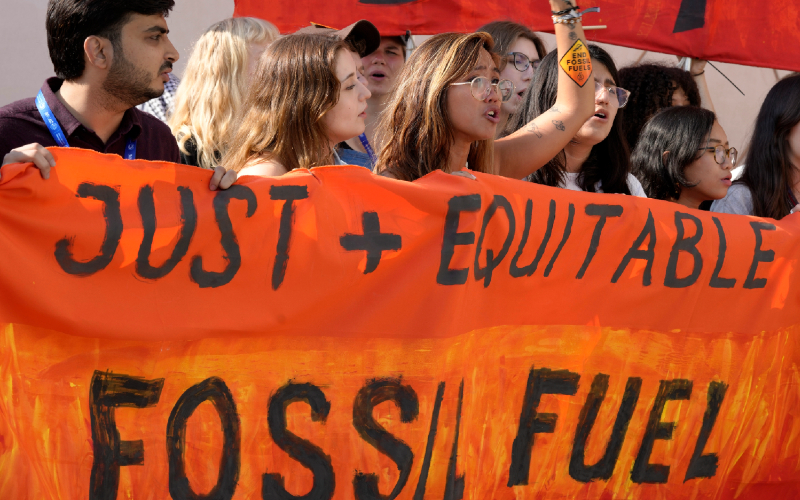Right out of the chute, 2023 began with rain and flooding in California. March brought severe storms to the South, and southern Florida saw flooding in April. June featured a near-record hailstone in Brooksville, Mississippi, where one stone measured 4.8 inches in diameter, according to the Mississippi State Climatologist.
In July, the floodwaters ventured to Vermont, while seasonal heatwaves affected the Midwest and the South through the fall. Hawaii's fires made headlines in August, as did the smoke from a blaze in northern Quebec that burned many areas in Canada.
"A lot of that smoke did make it south into this country and contributed to very poor air quality," the Weather Prediction Centers's Greg Carbin noted recently on the WeatherBrains podcast.
"But it did contribute to really nice sunsets," he added.
He also noted the "highly anomalous" tropical system known as Hillary that affected California in August with "pretty remarkable" rainfall.
For the East Coast, the year ended with a pre-Christmas front that brought tropical storm conditions to areas in the Southeast and flooding to the Mid-Atlantic region. Coastal flooding also affected areas in the Northeast, as electricity went out for many.
"After a relatively quiet span of weather through November, it became evident that we're going to see a pretty good bomb cyclone," Carbin said. "This thing really deepened remarkably."
But in terms of extreme weather, Marc Morano of Climate Depot, a project of the Committee For A Constructive Tomorrow (CFACT), argues that 2023 was "a very mild year."

"Hurricanes, floods, tornadoes, wildfires -- it was nothing there," he says. "What they ended up focusing on was temperature. Depending on what data set you use, they tried to claim a single hottest day in July was the hottest in hundreds of thousands of years, which was just utter nonsense."
CNN, which warned X that "the record will be broken again and again," is just one example.
"It turned out it was only the hottest since 1979," Morano says. "These are the same people that tell us you can't use one cold day or a snow storm to disprove climate change, but they were more than willing to jump on one day in July and claim the hottest in hundreds of thousands of years."
Saying it is "almost an annual event for them to try to claim that," he expects to hear more of the same in 2024.







